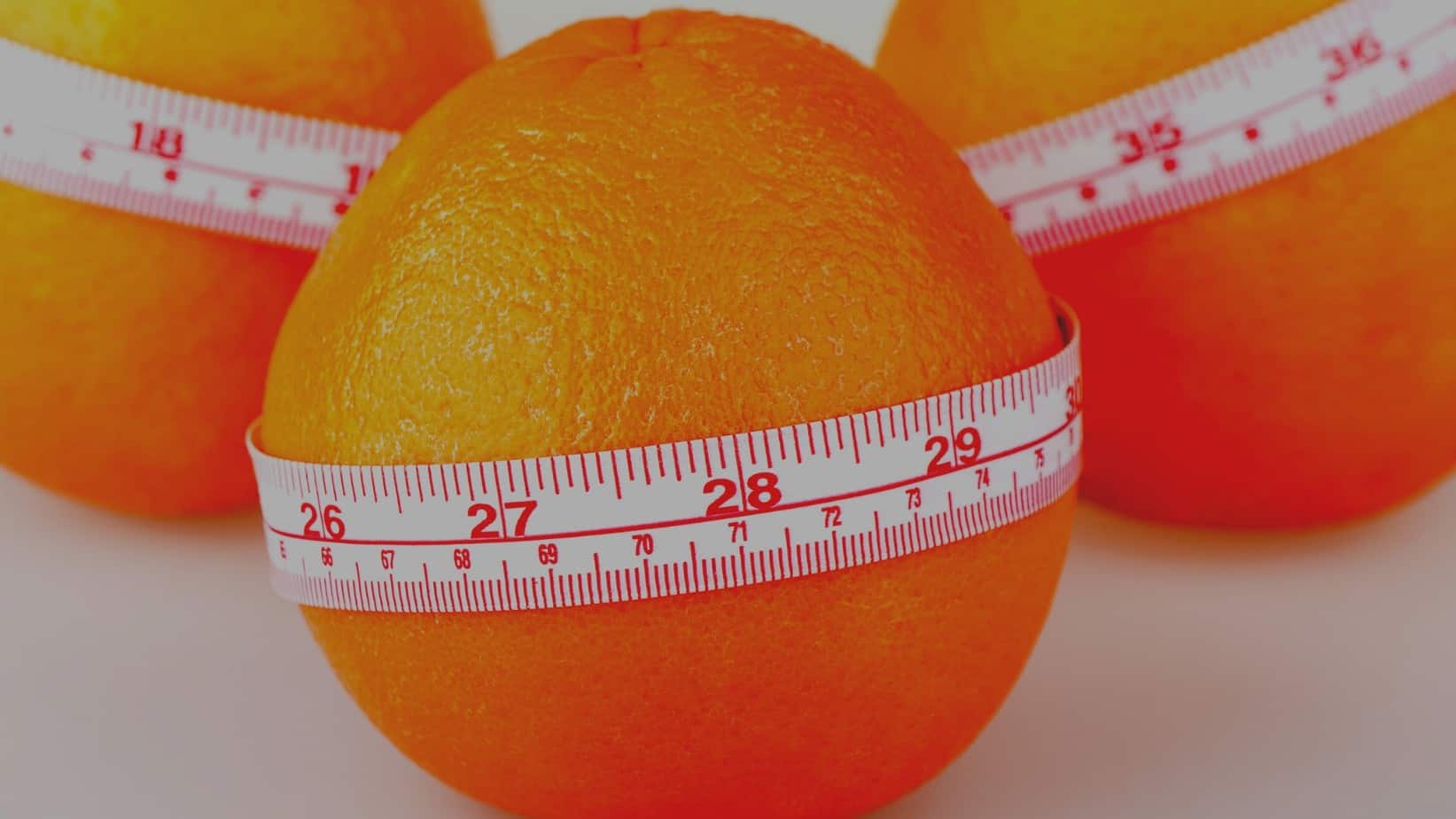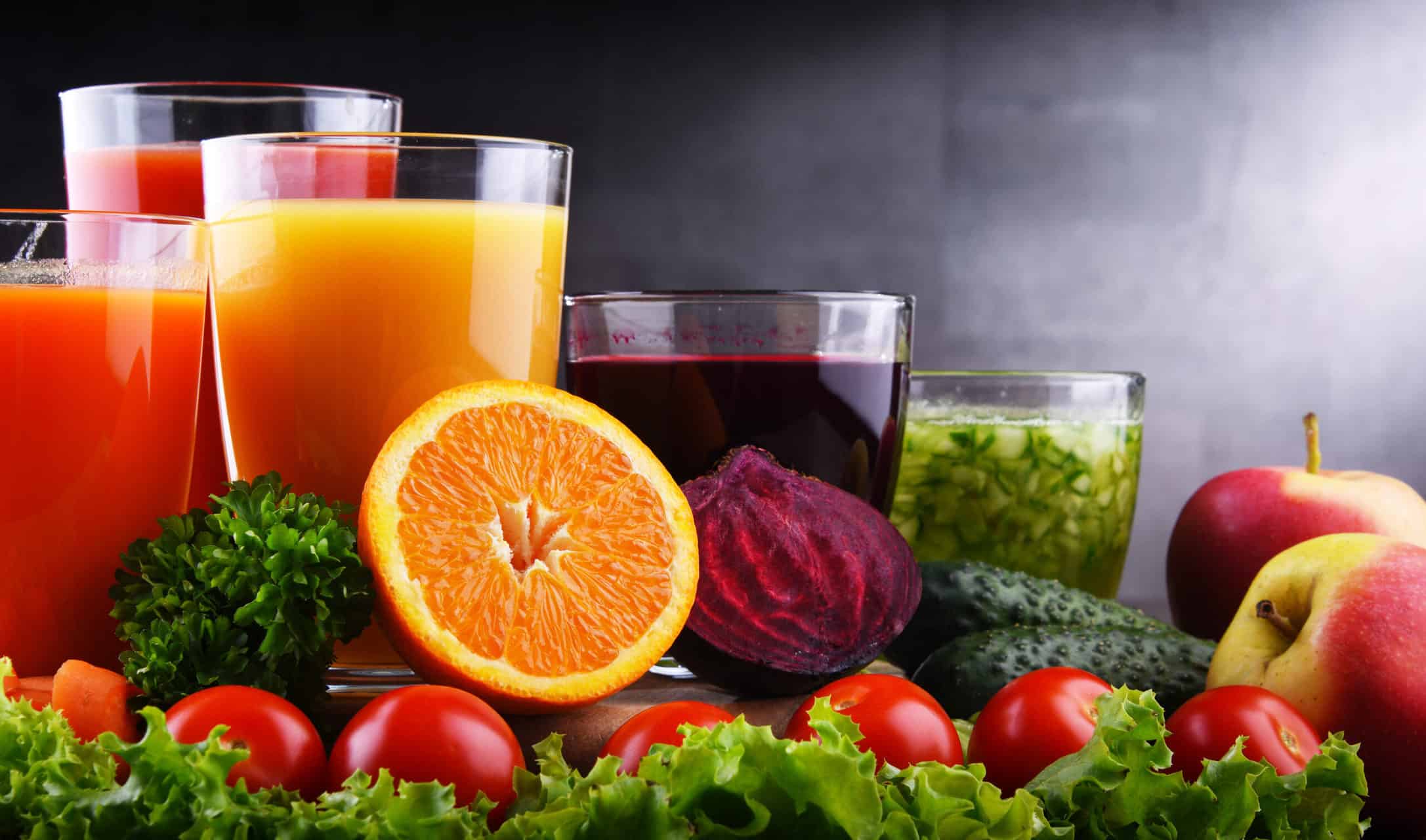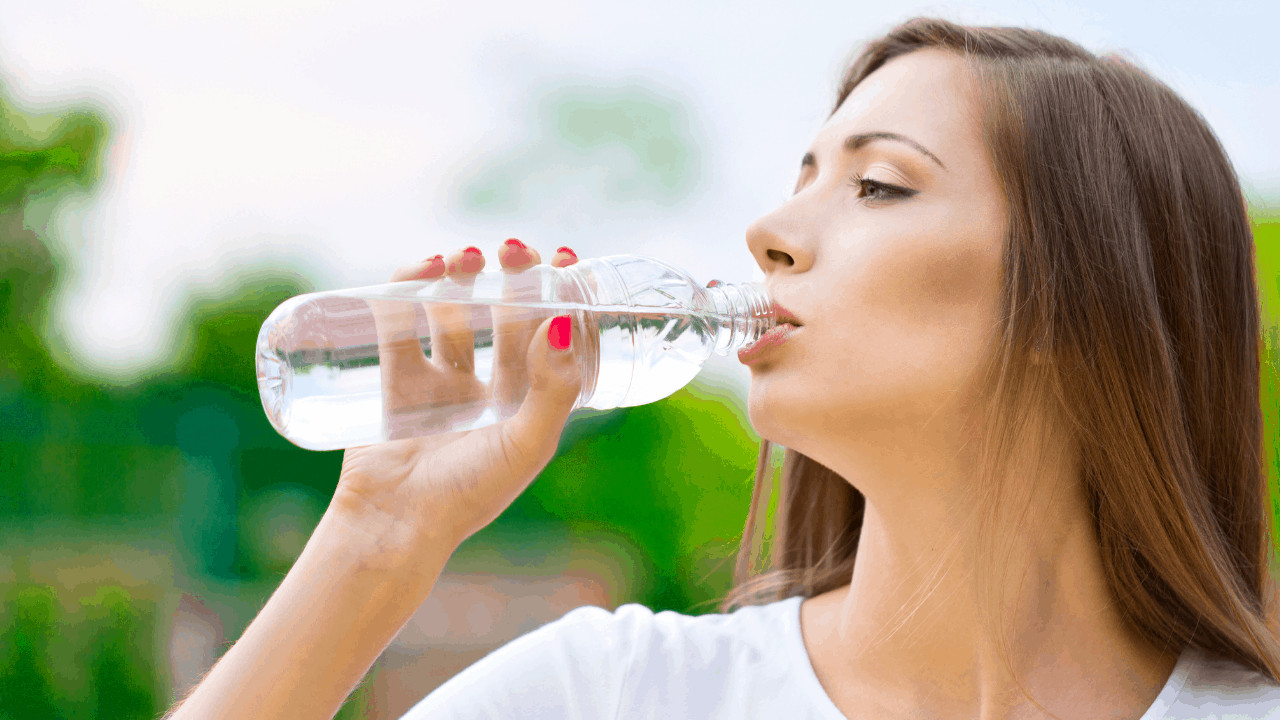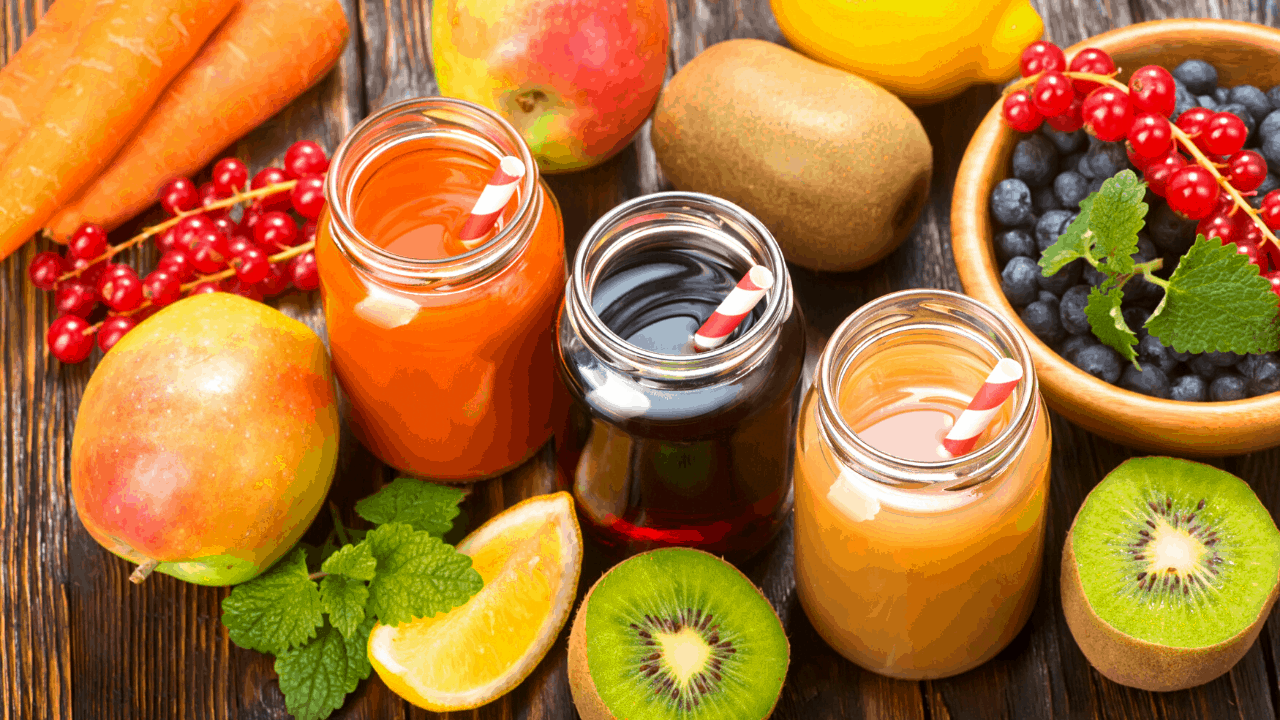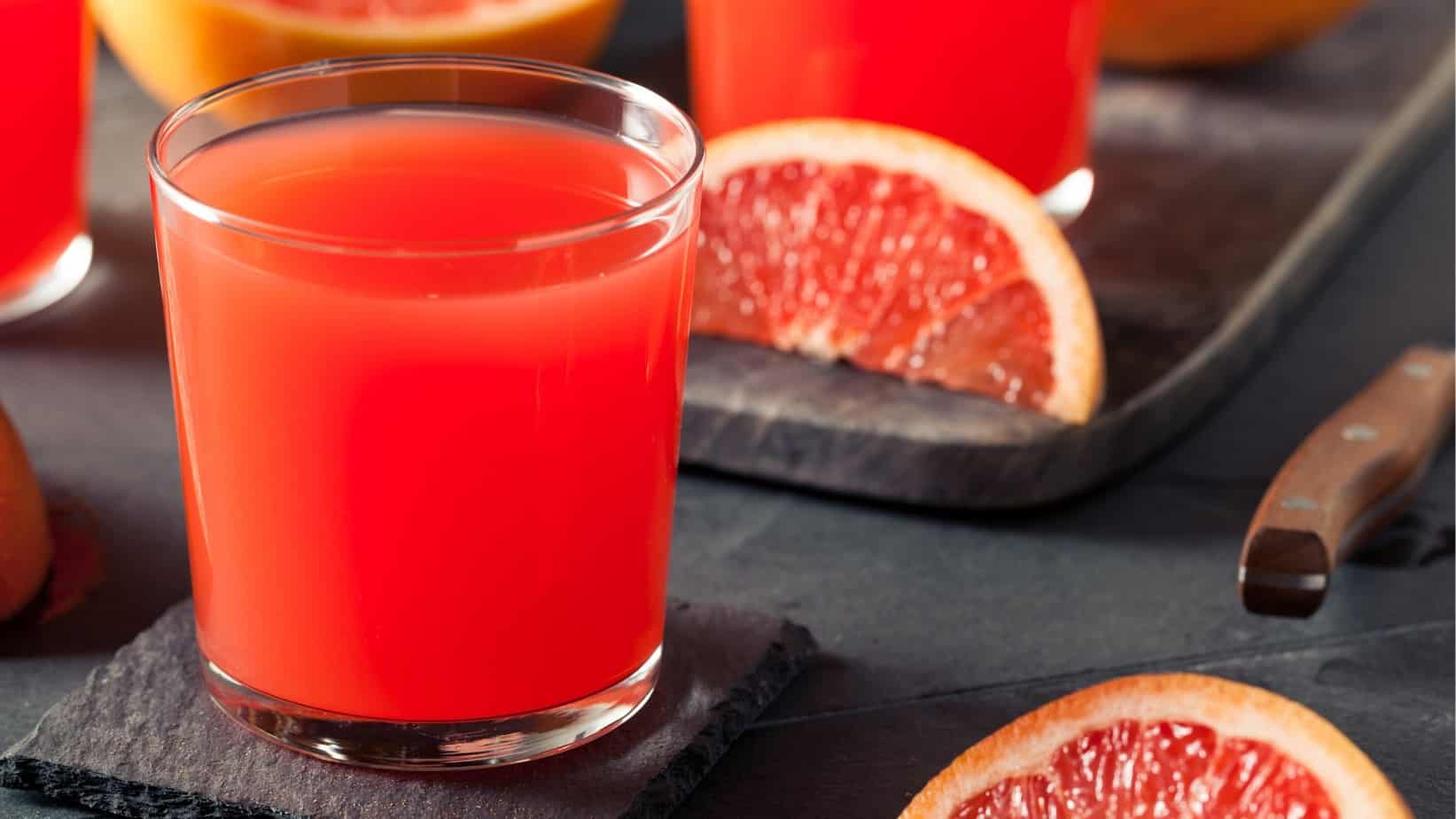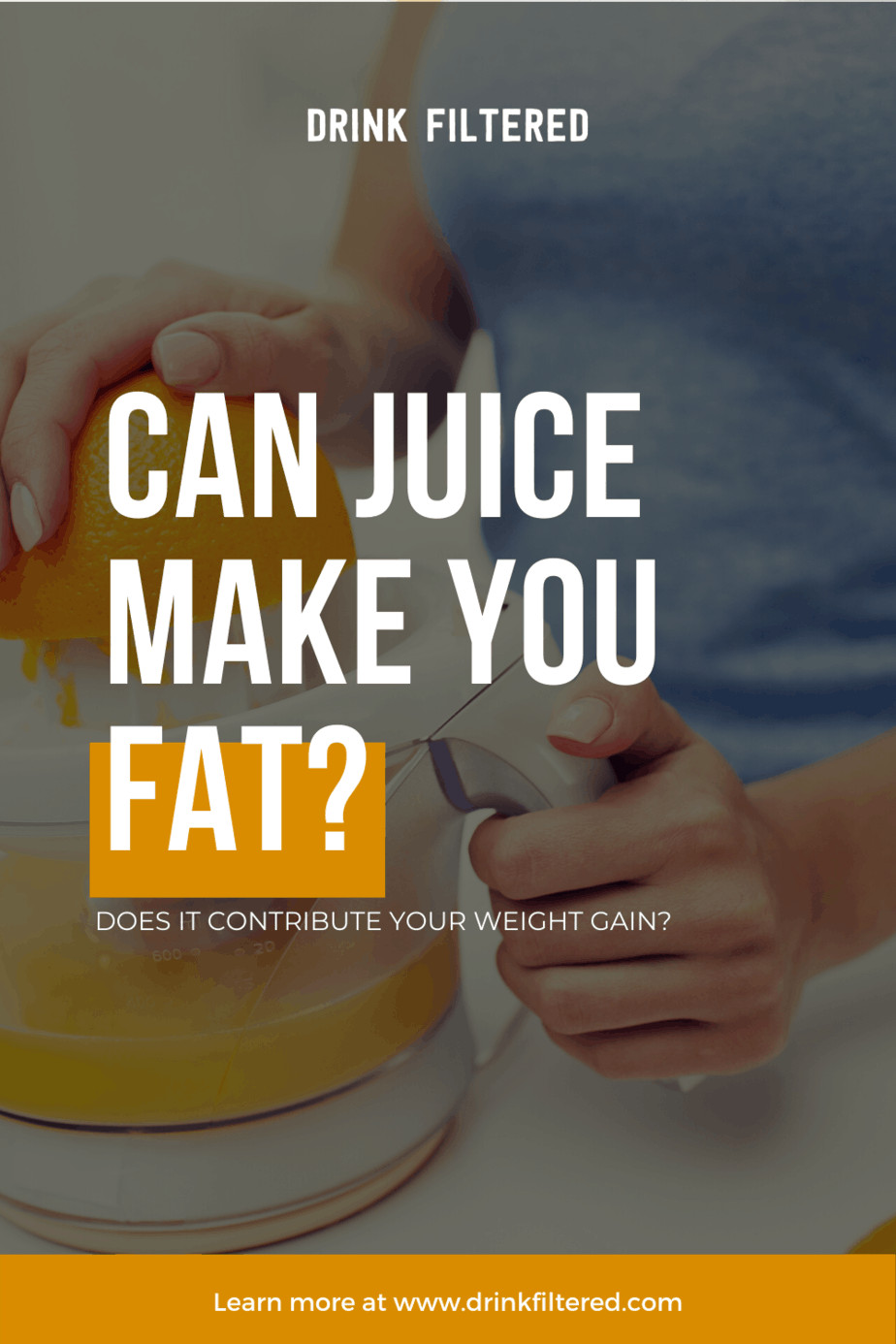If you’ve recently started drinking juice and began to notice weight gain, there’s a possibility that it could be the juice. There are a few reasons why juice can promote weight gain.
Juice isn’t filling
Juicing strips fruit and vegetables of fiber from the skin and seeds. Fiber helps to keep us fuller for longer, so if you’re having juice as a snack, it’s likely that you’ll be hungry again sooner than you would be if you ate a piece of fruit. This can lead to more snacking and more overall caloric intake. When it comes to managing weight, people tend to forget about the calories in beverages and can underestimate what is actually being consumed throughout the day. The additional calories consumed from juice can lead to weight gain.

Juice has sugar
On average, orange juice has 8 grams of sugar per 100ml and apple juice has 10 grams of sugar per 100ml. A 13.5 grams of sugar per portion is considered quite high, but the amount of sugar in apple and orange juice is still moderate. Many people enjoy a glass of apple or orange juice with breakfast, which isn’t unhealthy, but sugar intake from juice increases with a larger serving size.

Apple, Pear, and Pineapple juice has up to 40 grams of sugar! A 6oz cup ~200ml of orange and grapefruit juice can have as much as 20 grams of sugar! Even green juices can have a high sugar content, though they seem to be lower than their fruity counterparts on the premise that green juices typically contain vegetables. For example, a serving of this kale, lemon, ginger, green apple, and celery juice contains 12 grams of sugar per serving.
Excess fructose is linked to visceral Fat
Fructose is a type of sugar found in fruit, honey, agave nectar, and corn syrup.Our body breaks down carbohydrates into glucose which it then uses for energy. We need carbohydrates as a source of energy but it’s important to consume these within the recommended amount each day. The carbohydrates converted into sugar that aren’t used as energy are stored as fat. From a nutritional standpoint, excess sugar intake should not exceed 37.5 grams per day for men and 25 grams per day for women. The apple, pear, and pineapple juice is over this amount!

One study found that the individuals already overweight that consumed a quarter of their caloric intake from fructose-sweetened beverages had an increase in visceral fat. Another study found those on a similar high-fructose diet burned less fat and had a slower metabolism.
Problems Associated With Fructose And Visceral Fat
Visceral fat has been shown to be more harmful to your health than fat deposited in other areas of your body and has even been linked to illnesses such as cancer, heart disease, and dementia. Excess fructose intake can lead to an increased risk of diabetes, high cholesterol, metabolic syndrome, and fatty liver. An over consumption of fructose causes fatty liver, which can then result in insulin resistance. In fact, fructose is more likely than glucose to be the cause of fatty liver.

But, fructose isn’t all doom and gloom. Fructose and glucose are handled differently by our bodies.
A beverage or snack with a mixture of both sugars is beneficial post-work-out. Too much glucose at once is difficult for the body to process at one time. Why? it is because glucose enters the bloodstream straight away, whereas fructose needs to be processed in the liver first. This allows for a more stable release of energy when you combine the two.
There’s a reason why the five servings of fruit and vegetables recommendation is actually further broken down to a recommendation of three portions of vegetables, and two portions of fruit. Although both are good sources of vitamins, minerals, antioxidants, and fiber; fruit tends to have more calories and sugar. Which is why less is more.We do not need added sugar in our diet but we do need fruit because of the essential nutrients including fiber and vitamin C.
But, Juice Cleanses Lead To Weight Loss…

Juice cleanses tend to be very low in calories overall, but high in calories from sugar.
At usually 1,000 calories or less per day, these diets should not be maintained long term. Every juice cleanse is different, some have participants fast and only drink juice all week while others suggest a few days of fasting with juice consumed a few days in a given week. Either way, it’s a shock to your metabolism.
Without a source of fat or protein, the body is only running on carbs. Although carbs are our main source of immediate energy, it’s likely that you’ll dip into stored protein for energy use which could result in loosing muscle mass. This is especially true for juice diet that are low protein. These kinds of diets rarely incorporate a fitness regimen and when they do, the low intake of protein is counterproductive to building muscle and muscle recovery.
When you come off a juice cleanse or any other extremely restrictive diet, you are more likely to gain back the weight when you return to your normal eating habits. The irony of the situation is that even if you were to gain back the exact amount of weight you lost, you will most likely be in a worse position than before as the weight you gain is likely to be fat unless you kept up with some weight training.
So, Should You Drink juices At All?
Juicing can be a handy way to get vitamins, minerals, and an extra portion of fruit and veggies in your diet. There’s nothing wrong with enjoying juice as part of a balanced diet and active lifestyle when consumed in moderation (no more than 4-6 ounces per day).
The best option however is still eating whole fruits and vegetables. The fiber content keeps you full, raise blood sugar more slowly, and have more vitamins and minerals.
However, opt for single-fruit juices, like orange juice, or a green juice made mostly from vegetables as they have fewer calories and sugars. You can add protein powder, and add some of the pulp back into the juice to make it more filling. If you can, try having half juice and half water to limit your sugar intake while still enjoying the flavor from fruit.
Happy juicing!

